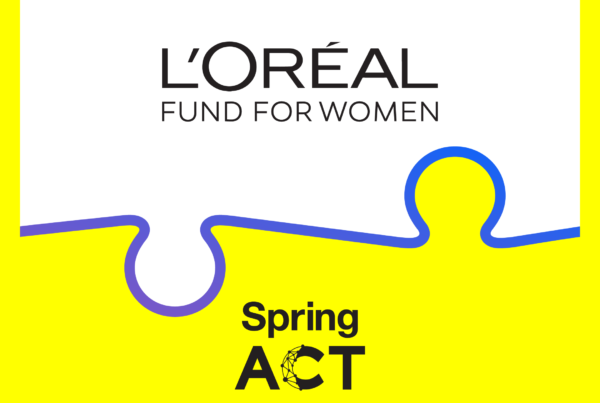 Mia Galic is an ACTivist based in Lausanne, Switzerland. She is keen to influence well-being and ensure quality of life of those around her. Her career is mainly people-oriented as she both a Human Resource professional in the corporate world as well as a Psychologist. She offers her support by volunteering in student counseling centres or working with children with special needs. Besides formal psychological education, she possesses two degrees in Cognitive-Behavioral Therapy and is a strong believer of how encouraging thoughts can positively influence emotions and behaviour.
Mia Galic is an ACTivist based in Lausanne, Switzerland. She is keen to influence well-being and ensure quality of life of those around her. Her career is mainly people-oriented as she both a Human Resource professional in the corporate world as well as a Psychologist. She offers her support by volunteering in student counseling centres or working with children with special needs. Besides formal psychological education, she possesses two degrees in Cognitive-Behavioral Therapy and is a strong believer of how encouraging thoughts can positively influence emotions and behaviour.
Interview
What motivated you to pursue a career in Human Resource?




